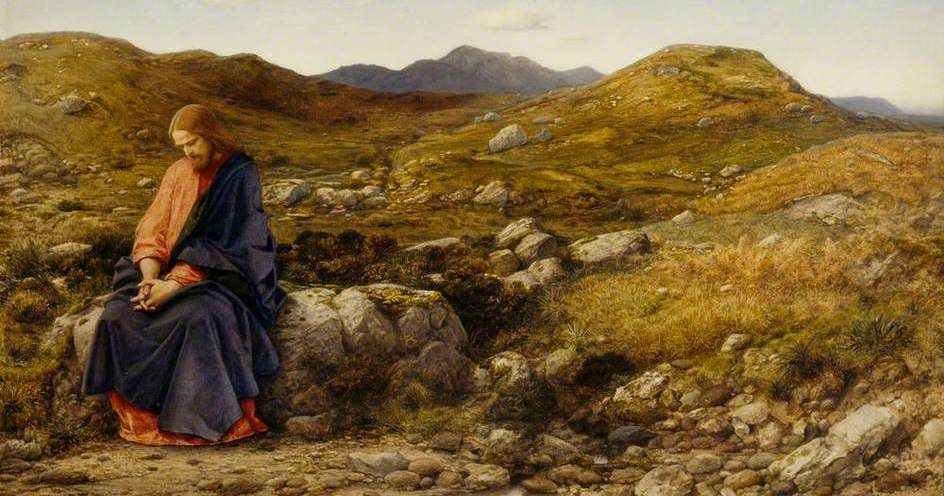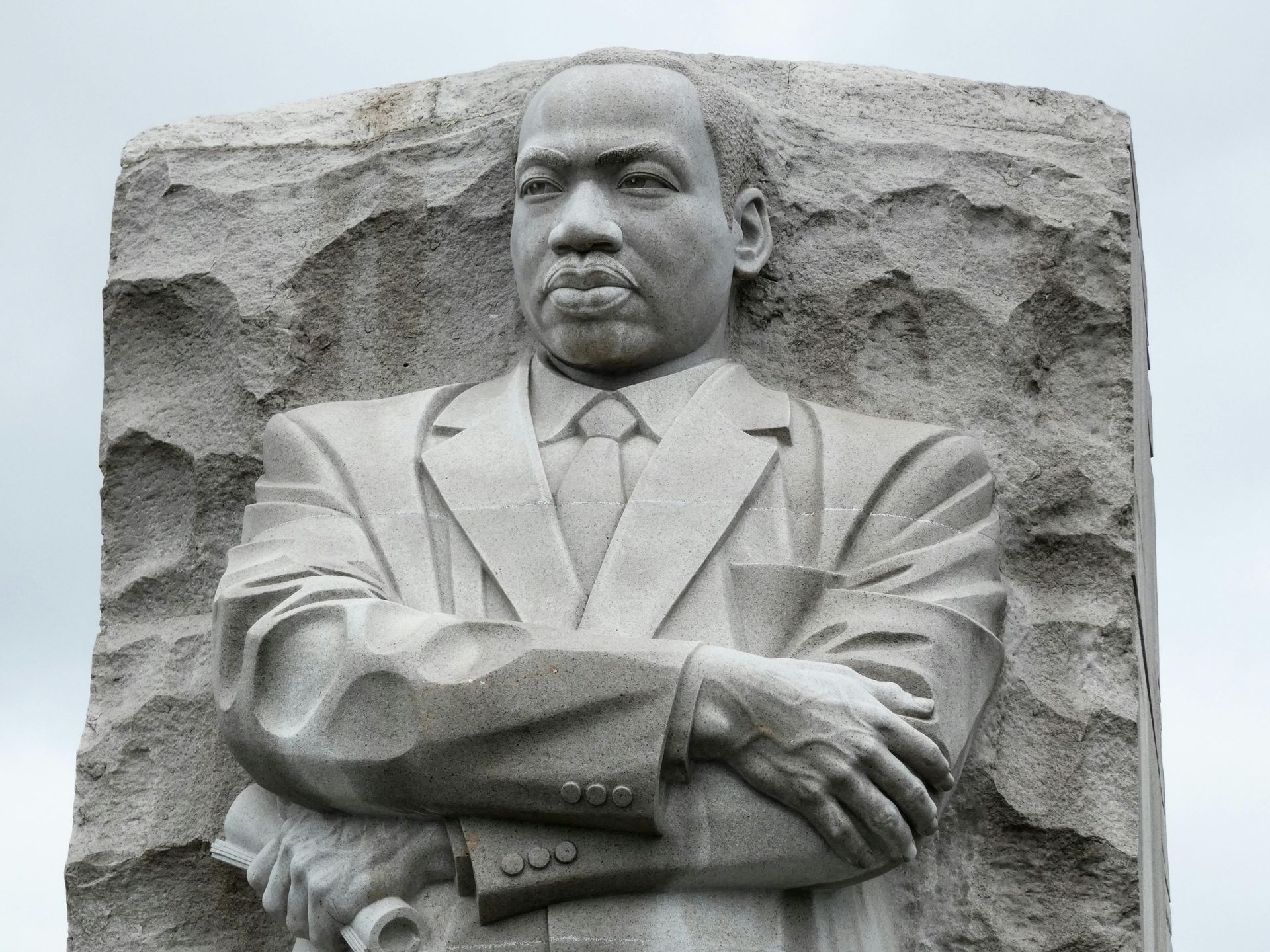First Sunday of Lent, Year C

Man of Sorrows, William Dyce, ca. 1860
One of the enduring memories that I have growing up on the farm as a boy and young man was the annual spring ritual of picking stones from the fields that we had tilled for the planting of corn or a new seeding of hay crop. After the fields had been plowed and then harrowed, we would enter into the field, often the whole family, accompanying our tractor with its bucket loader. Each of us would begin this methodical search for stones that were large enough to cause damage to the crop planting and harvesting machinery. When we found those stones, we would then pick them up and throw them, or carry and drop them, into the tractor bucket. With the largest stones, the best we could do was to pry them up out of the brown earth with our hands and roll and flop them into the tractor bucket.
The image in my mind’s eye of the barren stony field with its brown tilled earth, and our methodical wandering back and forth, back and forth, back and forth in front of the tractor searching for stones to pick, conjures a parallel image of the Israelites wandering in the barren desert, a story we are reminded of by Moses in the first reading we heard today — a story not just of the Israelites wandering in the desert alone but, as Moses reminds them, wandering accompanied by God who heard their cry, saw their affliction, their toil, and their oppression, and led and accompanied them out of that. They were not alone; God was with them in the midst of their deserts and provided for them. We are encouraged to remember this today, as we wander in our own desert fields, picking stones from our lives: God is with us, by our sides, in our midst. And God the Son, Jesus Christ, invites us to seek his help in doing so. He tells us: “Come to me, all you who are burdened, and I will give you rest.” (Mt 11:28)
It is desert and stones again that we hear of also in the Gospel passage. Jesus Christ has been in a self-sacrificing fast in the desert, is hungry, and is tempted by the devil to use his power to turn stones into bread and to feed on them. He resists the temptation — pointing to and drawing strength from reliance on God.
Are we often tempted to feed on the stones that we carry in the desert fields of our lives? How often are those stones temptations, not to feed on something seemingly desirable, like bread, but rather to feed on that which is unpalatable — such as stones of bitterness, animosity, anger, discord, fear, discouragement, or useless anxiety. I think those are just as often the weighty stones we carry in our desert fields and that we may be tempted to feed on. It takes conscious effort to reach out to God for grace, in even the simplest of prayers, to resist these temptations, recognizing that often God’s grace comes through others around us who help us, support us, and love us. Let us not forget that we have in Jesus Christ one who, like us, has been similarly tested through what he endured; he is able to help us who are being tested (cf Heb 2:18). One who invites us: “Come to me, all you who are burdened, and I will give you rest.” Jesus invites us to give him our burdens, our stones — whatever they may be: bitterness, animosity, anger, judgmentalism, fear, discouragement, anxiety — all of the things that ultimately rob us of the joy God and Christ desire for us.
We have an invitation and a choice to give these over to Christ —to let go of these stones. It is an invitation and choice that is mirrored symbolically in our parish invitation in the bulletin over the last few weeks to leave a stone at the foot of Christ’s Cross here in the well throughout Lent. A ritual act of handing over, letting go, and letting God; letting God take our stones which do not and cannot feed us, and instead feed us with his True Food and life-giving Word and Spirit. If you have not thought to bring a stone from home, fear not; there are a bucket of them here in the well. And, don’t worry about dropping your stone on the burlap desert sands; there is plenty of padding underneath! And as we leave our stones behind, maybe we can pick up and take away with us the kindness Fr. Chris invited us to share in his homily on Ash Wednesday; kindness that we feed each other with, looking out for each other, loving each other. It’ll be the same kindness that will end up feeding us.






